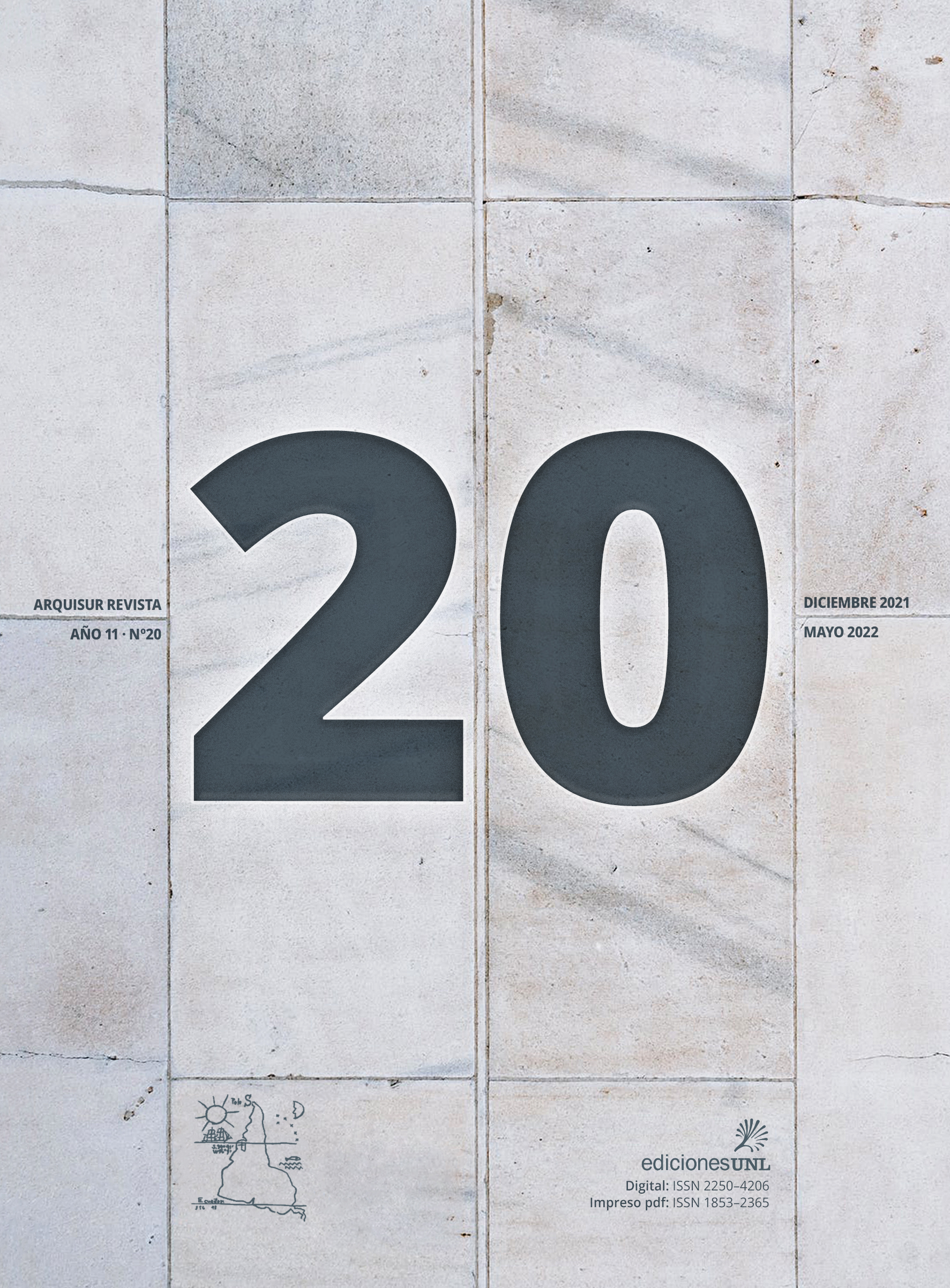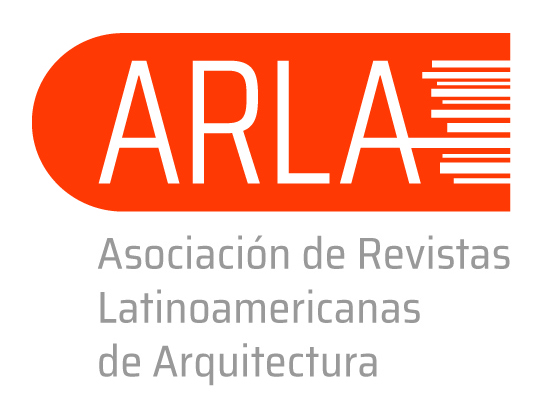Urban and territorial performative acts
The Tilcareño January Festival in Tilcara, Jujuy
DOI:
https://doi.org/10.14409/ar.v11i20.10122Keywords:
City, celebration, social mutation, performance, regionalismAbstract
Due to the fall or disappearance of productive circuits, depreciation of populated areas, emigration, abandonment, or critical social situation occurred in Argentine towns - particularly smaller ones. Alarmed at the effects, academic organizations and professionals warn about the abandonment of identity ties due to economic problems or the phenomenon of globalization, and organizations and local governments promote cultural activities such as folk festivals to reactivate economies and social life in depressed localities. This question shows actors, processes and conflicts in the organization and realization of events in cities, and we ask ourselves what happens behind these social and territorial phenomena, and what effects they produce. For Tilcara, being a Unesco Heritage portico means being a representative place of natural-tourist and historical-cultural attractions, where globalization transformed the exhibition and the way of living public festive spaces for different political-social interests. These themes here we explore from the theories of performativity, we examine situations that emphasize the effects of doing. Currently, the theories of performativity have been taken by human geography to rethink the social production of space, for these reasons we transfer and reinterpret this performative notion to give birth to little-explored situations in events in spaces.
Published
How to Cite
Issue
Section
License
ACCESO ABIERTO
ARQUISUR Revista es una publicación de acceso abierto y sin ánimo de lucro. No se imputan cargos por la recepción, revisión, evaluación, publicación ni acceso a sus contenidos. Se distribuye bajo una Licencia Creative Commons CC Atribución-NoComercial-SinDerivadas 4.0 Internacional (CC BY-NC-ND 4.0): No se permite un uso comercial de la obra original ni la generación de obras derivadas. Esta licencia no es una licencia libre, y es la más cercana al derecho de autor tradicional.
DESCARGO
Los criterios expuestos en los artículos son de exclusiva responsabilidad de sus autores y no reflejan necesariamente la opinión del Comité Editorial ni de la Dirección Editorial Técnica. Los derechos de los artículos publicados pertenecen a sus autores o editoriales. Los autores ceden sus derechos de publicación al Centro de Ediciones de la Universidad Nacional del Litoral de Santa Fe, Argentina.














